Selection of Paulownia Afforestation Land
As the most basic mean of production, soil will not only provide Paulownia with the place for rooting, but also with conditions necessary for living such as water content, nutrients, air and heat. Soil with different physical properties, chemical properties, salt and nutrients may provide different living conditions for Paulownia.
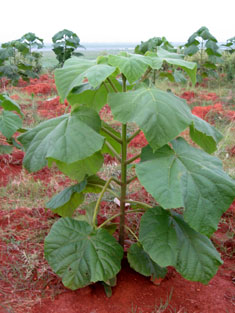
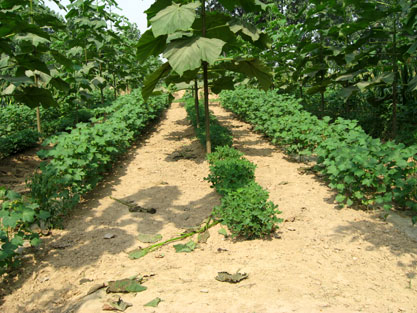
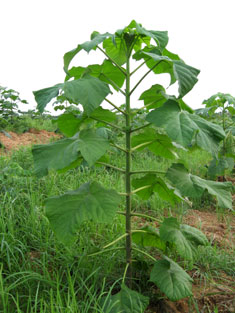
Before building a Paulownia artificial forest, besides knowing about the natural factors of the afforestation land, we should master physical properties, chemical properties, salinity and nutrient of the soil, which will not only help us judge whether the target afforestation land suitable for building Paulownia artificial forest or not, but also formulate the production and management mode after the afforestation, and make a scientific improvement program on fertilization. Doing like so will have an important significance for us to achieve the purpose of fast-growing and high-yield.
How Physical Properties Of The Soil Influence Paulownia Growth
Most Paulownia species are deep rooted trees with well-developed lateral roots. Their roots stretch in the soil. In addition to water, heat and fertilizer, deep layer of soil with loose structure, moisture and ventilation will promote the root growing deeply, fast and strongly where the plant above the soil will also grow in good manners. There are no strict requirements on soil structure for Paulownia, but significantly different growth characteristics will be present in soil with different structure.
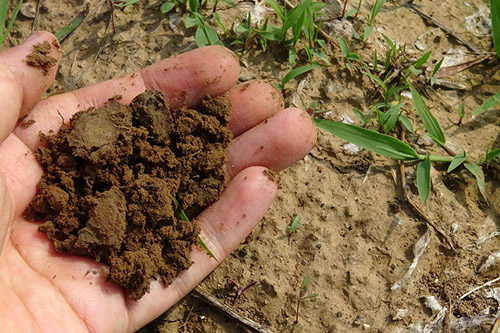
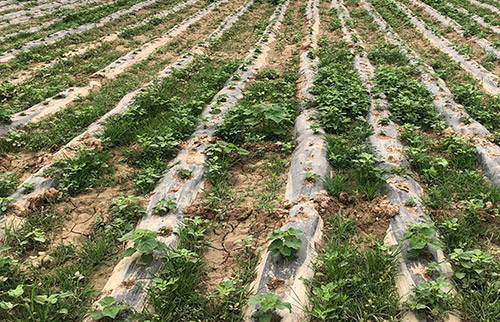
How Chemical Properties Of The Soil Influence Paulownia Growth
Chemical properties of the soil mainly refer to its acidity and alkalinity which usually measured by potential of hydrogen and expressed as PH. PH value is one of the mainly characteristics of soil which widely influences soil nutrient, protects fertilizer performance and plant growth.The PH of soil will greatly influence the growth of Paulownia. Soil with too much acidity or alkalinity will generate toxic substances for the Paulownia. Different Paulownia species take on different adapting abilities for the PH of soil. Paulownia species with stronger adaptabilities could adapt wider PH scope; on the contrary, the PH scope will be narrower.
How Salinity Of The Soil Influence Growth Of Paulownia
Salinity content of the soil also significantly influences Paulownia growth. With the increase of soil salinity, either aboveground part or underground part of Paulownia will be affected dramatically due to toxicity effect of salinity. Although salinity of the soil significantly influences Paulownia growth, different Paulownia species hold different adaptabilities for salinity content.
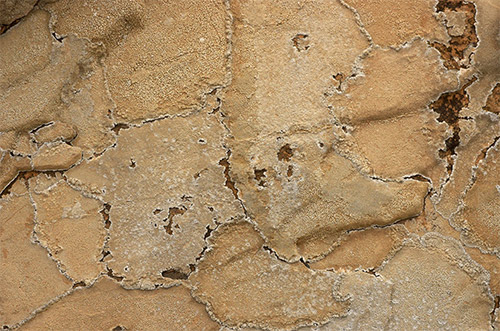
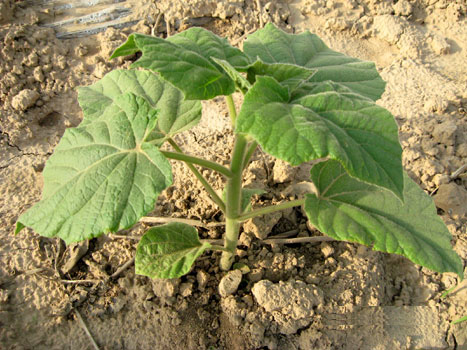
How Nutrients Of The Soil Influence Paulownia Growth
Paulownia is very sensitive to nutrients of the soil. Content of various elements in the nutrients of soil is the key factor to influence Paulownia growth. Similar with other plants, there is a certain proportion for Paulownia to absorb soil nutrients. Different proportions of the active ingredient among various nutritive elements will greatly influence Paulownia growth. While on the other hand, active ingredient which could be absorbed by Paulownia will be under the control of soil structure, PH value and salinity. So, we should firstly measure physical properties, chemical properties, nutrients and salinity content of the soil, and then implement formulated fertilization in scientific manners, so as to realize fast-growing and high yield of Paulownia.
